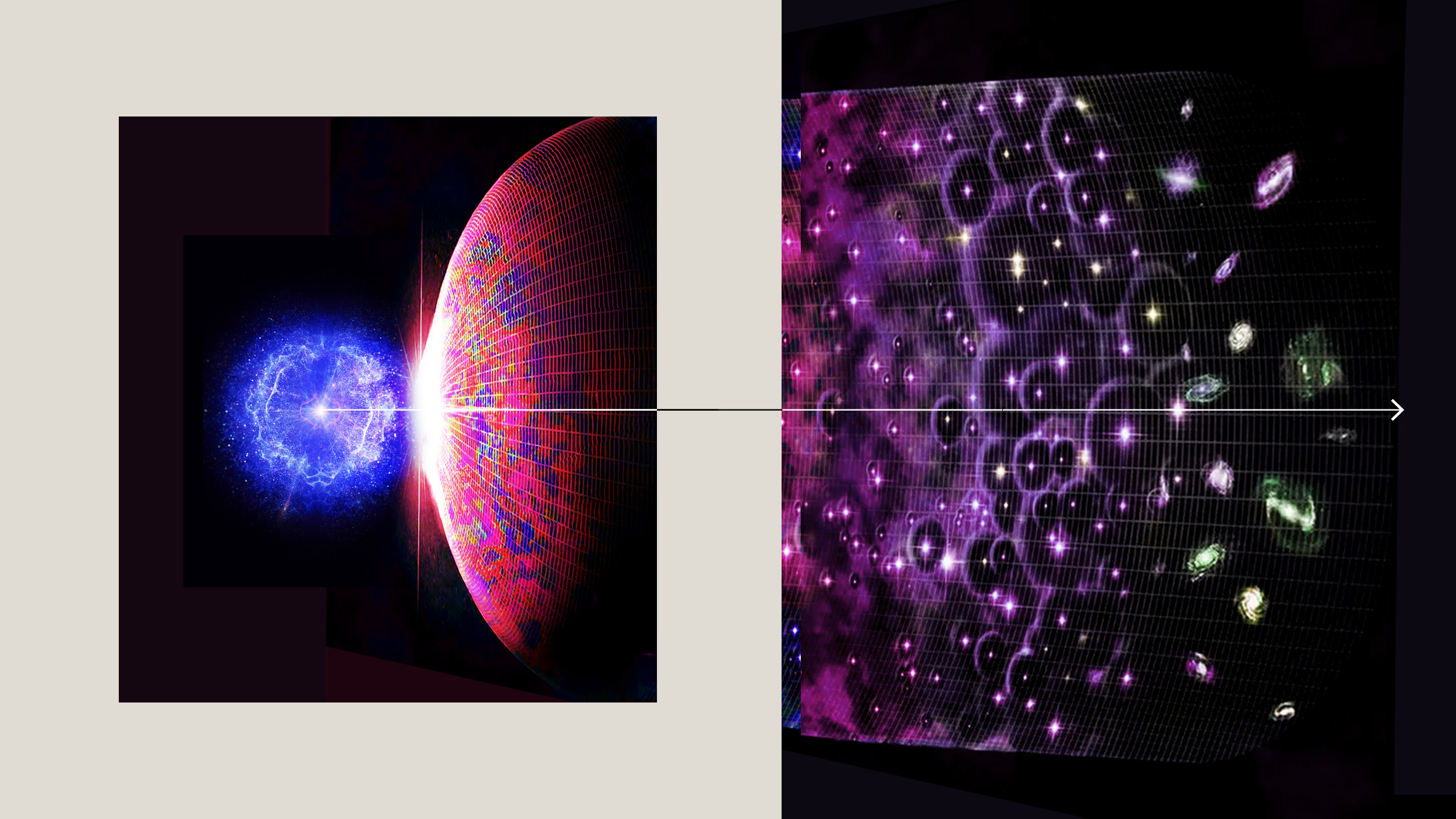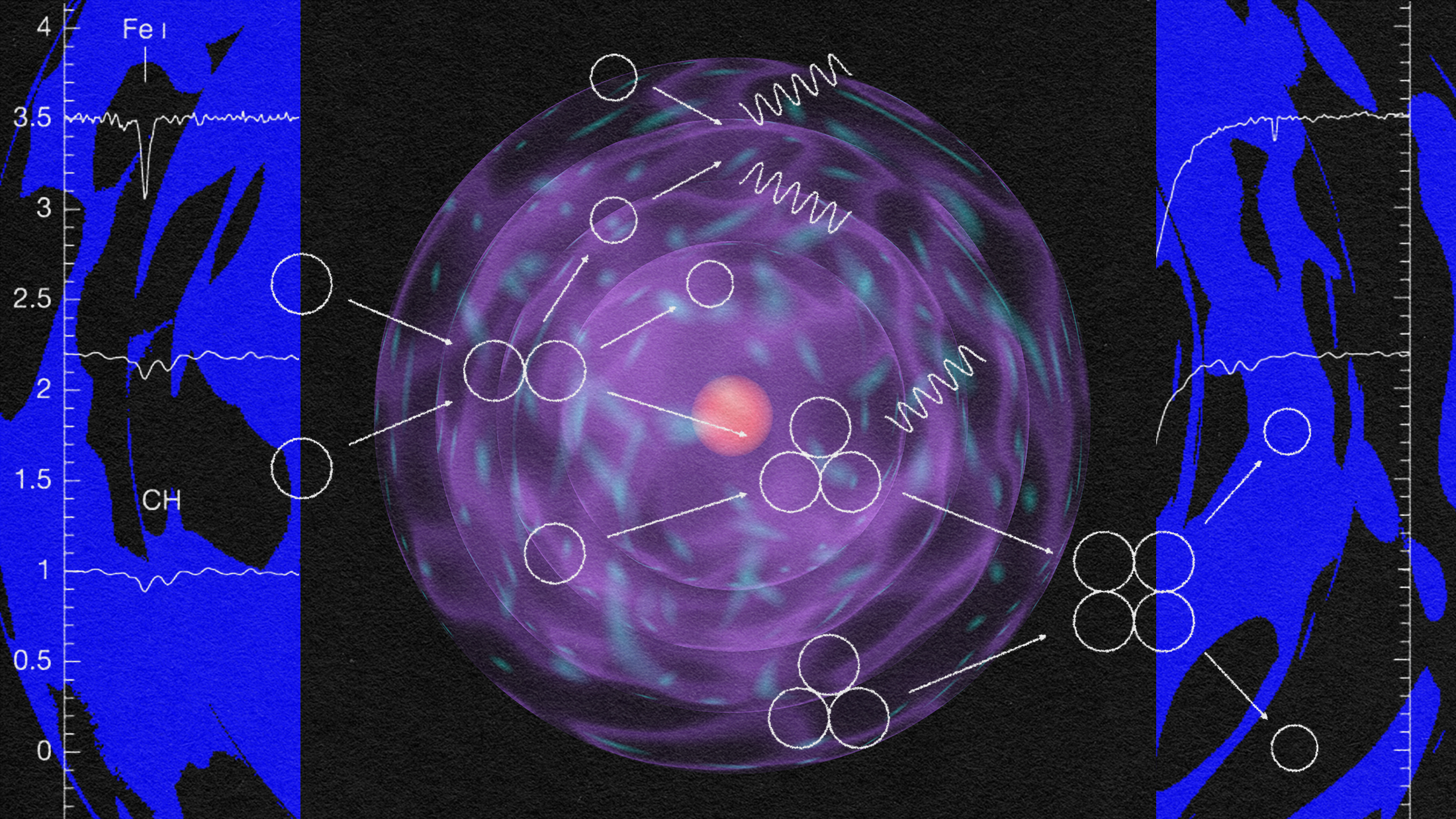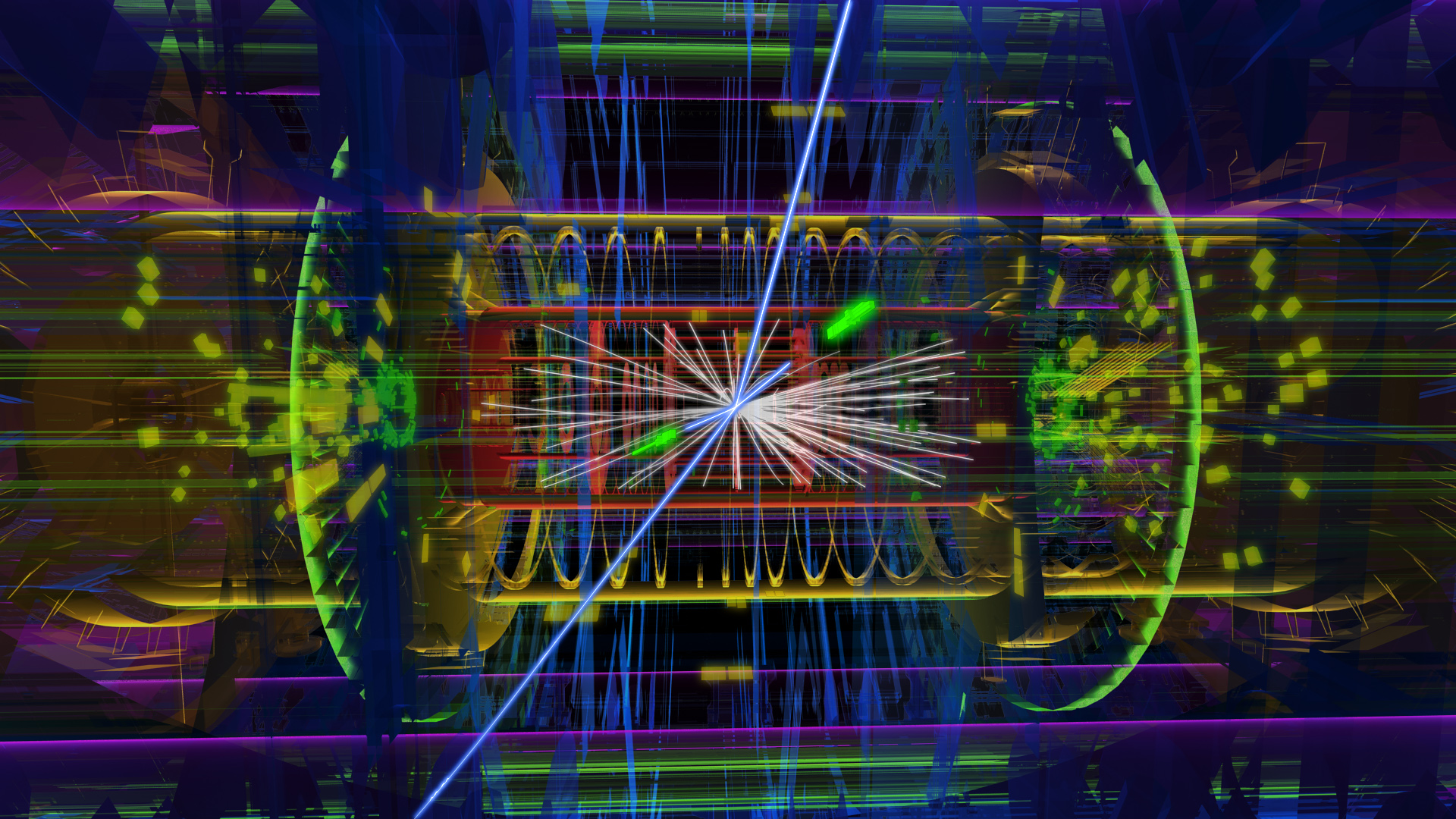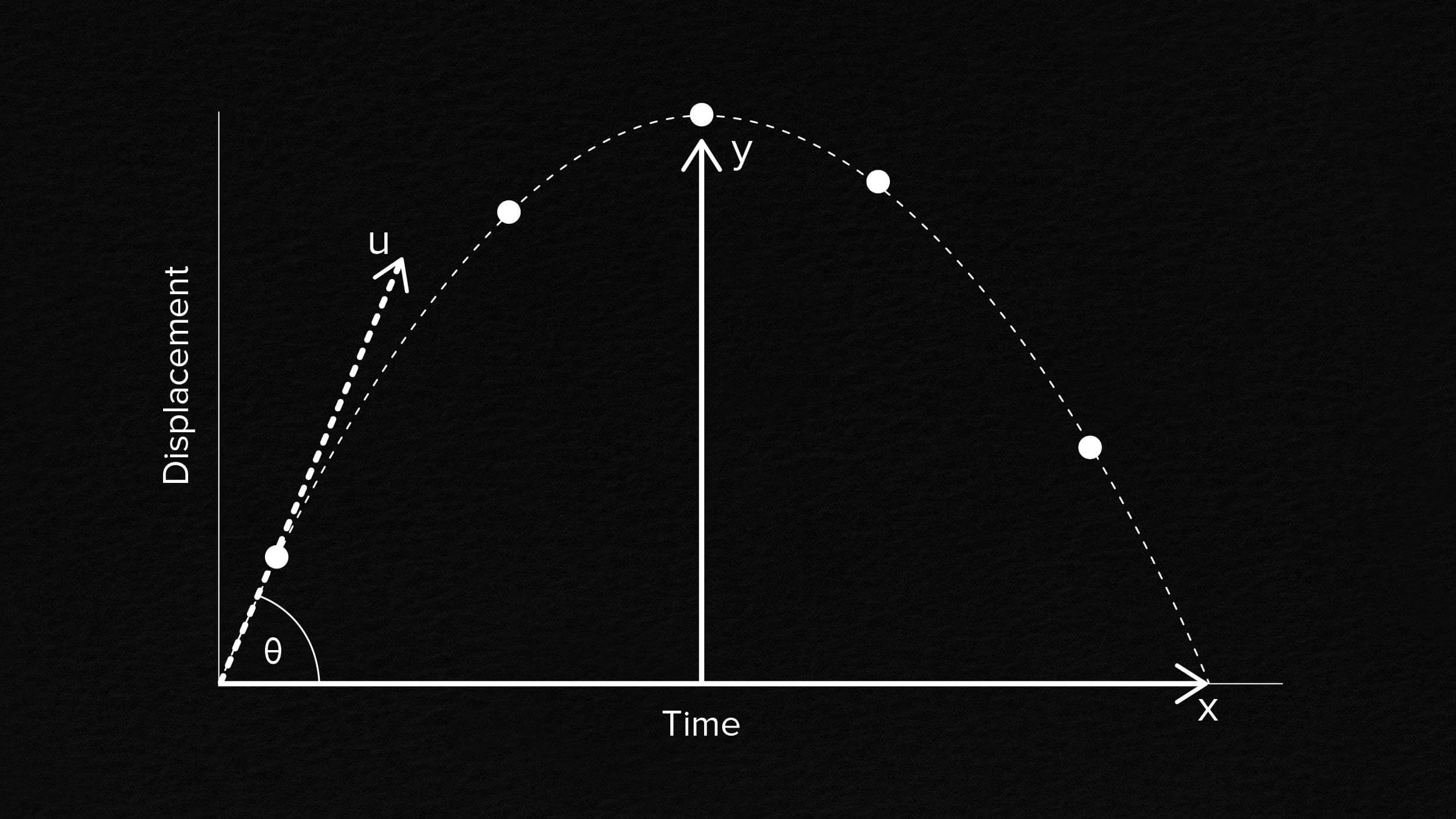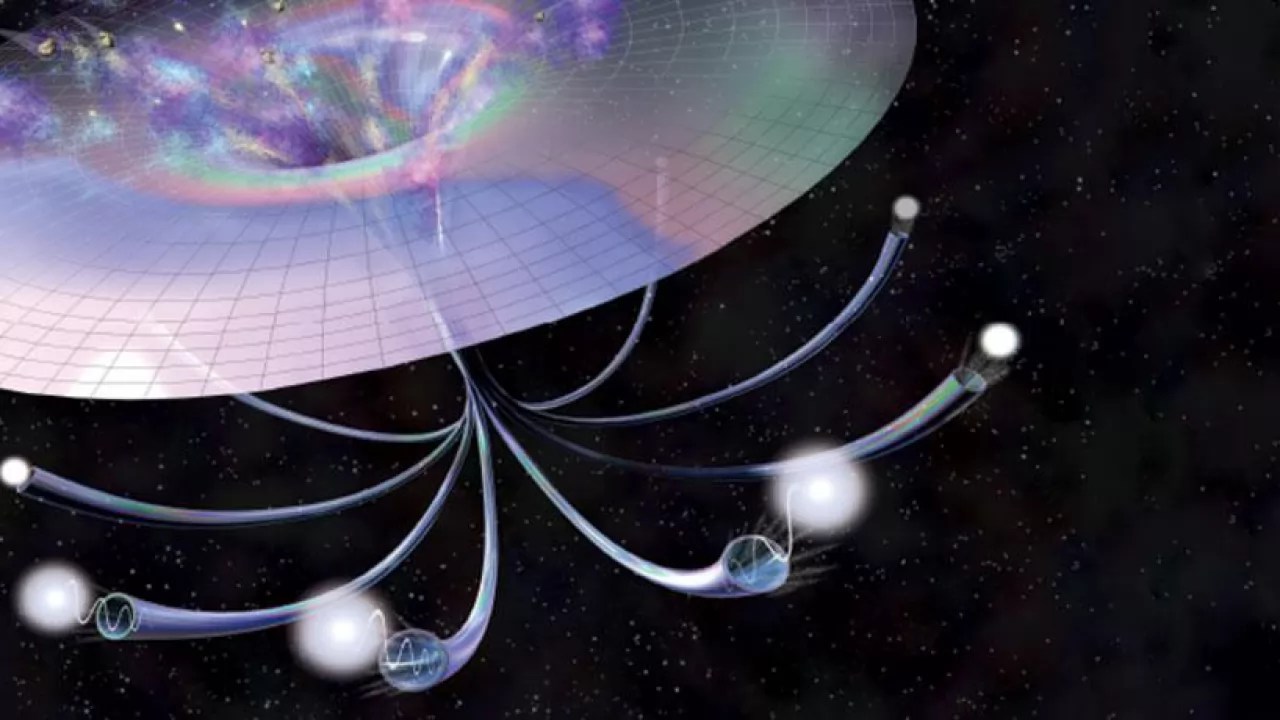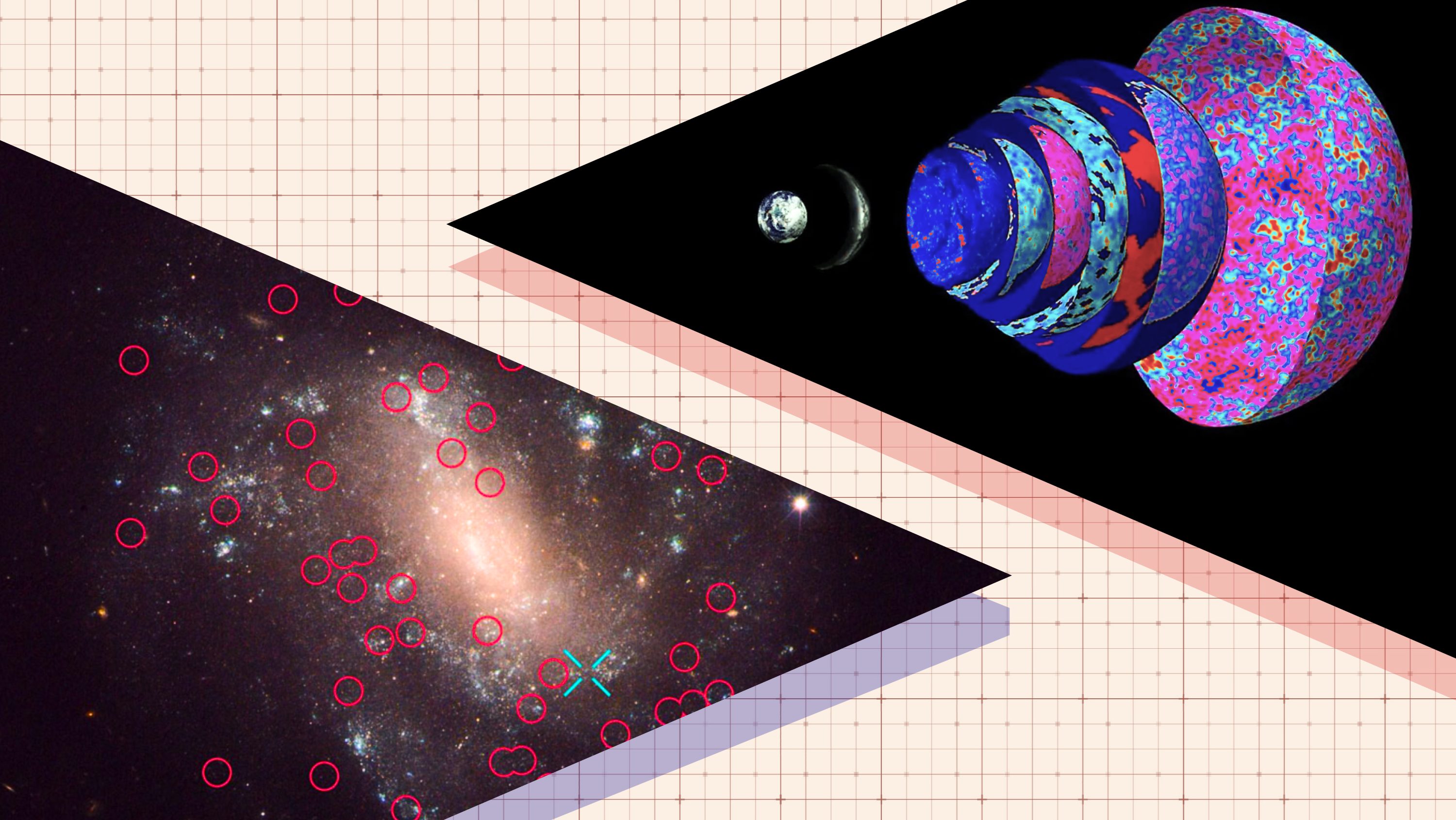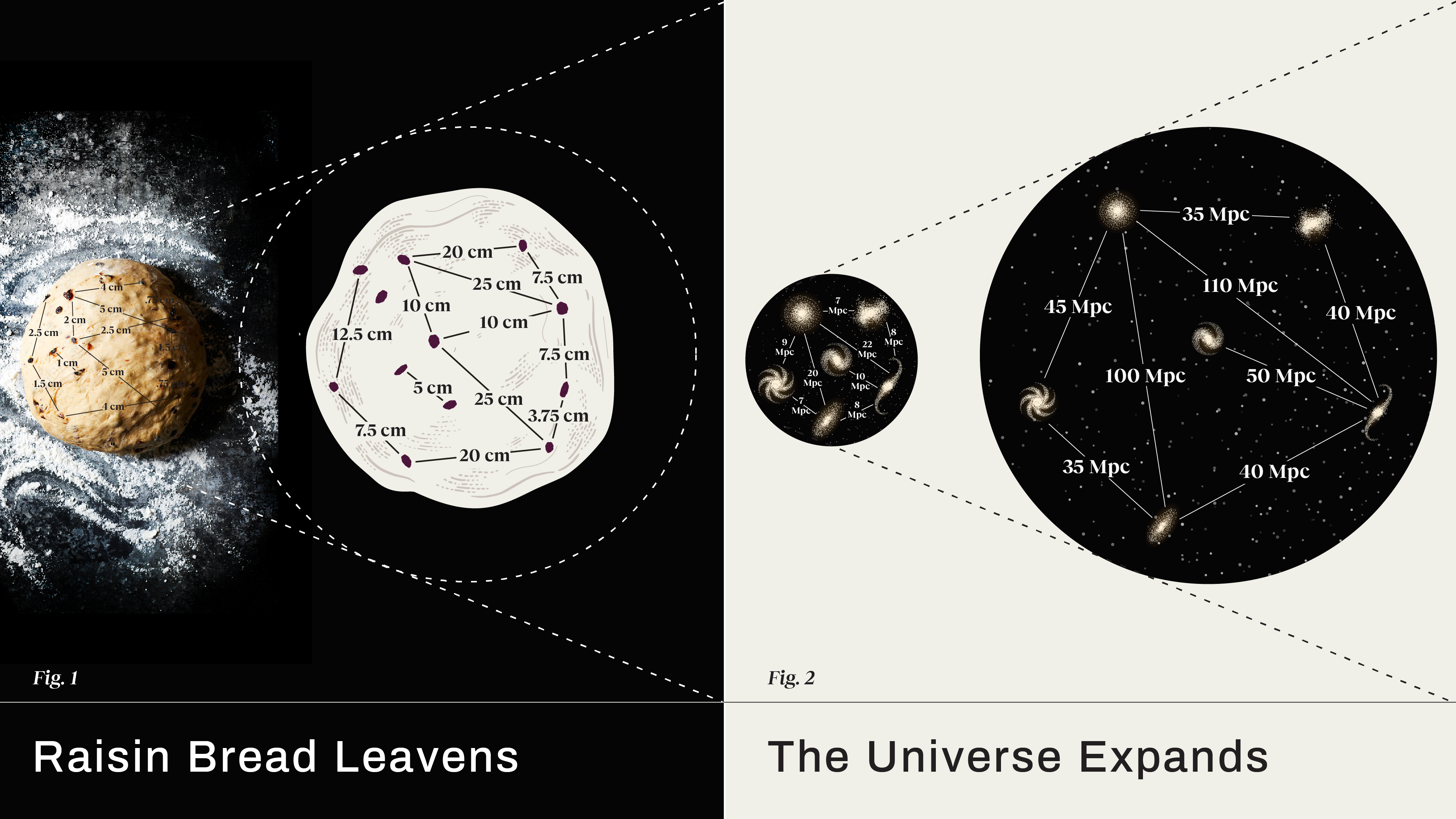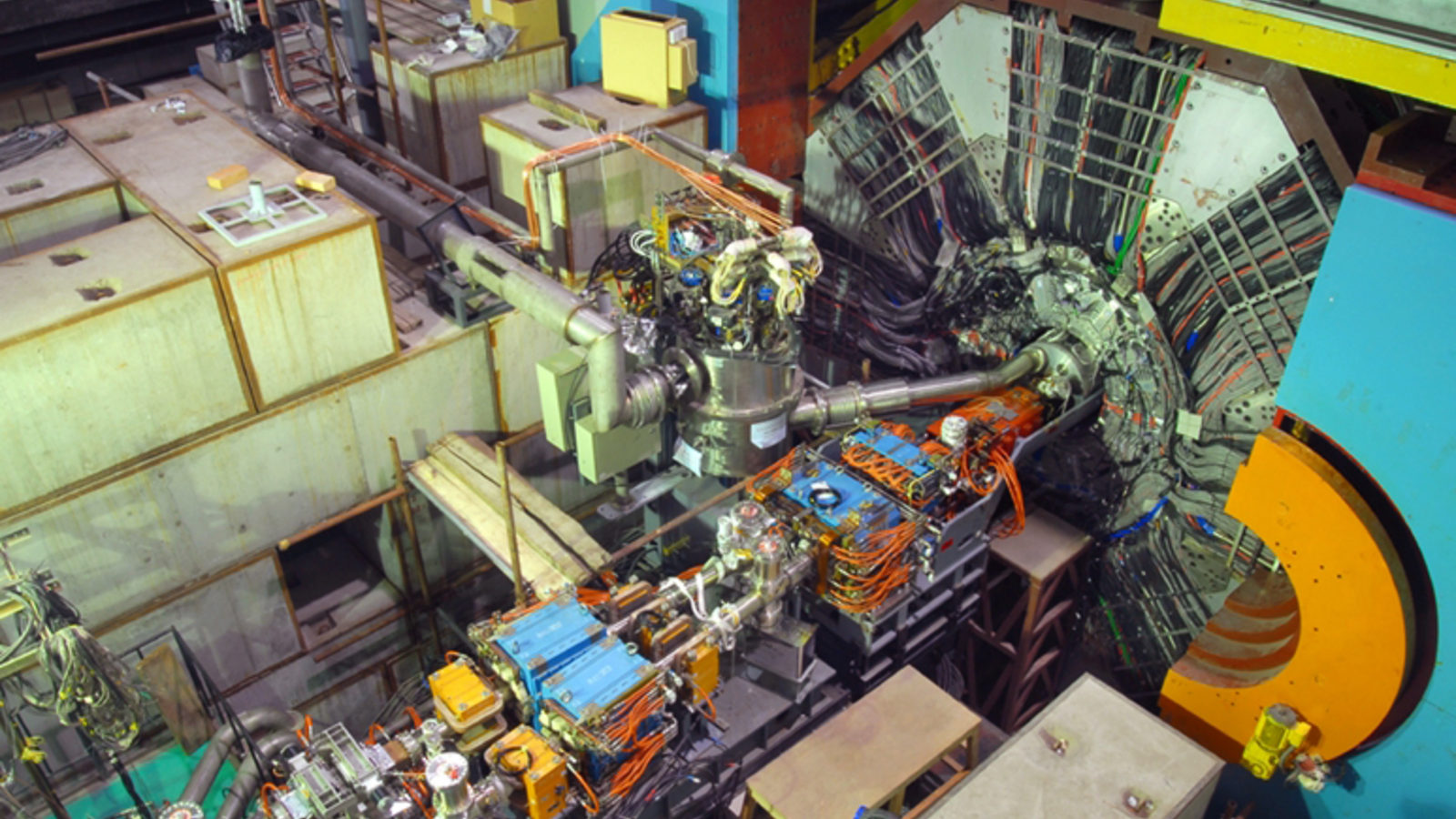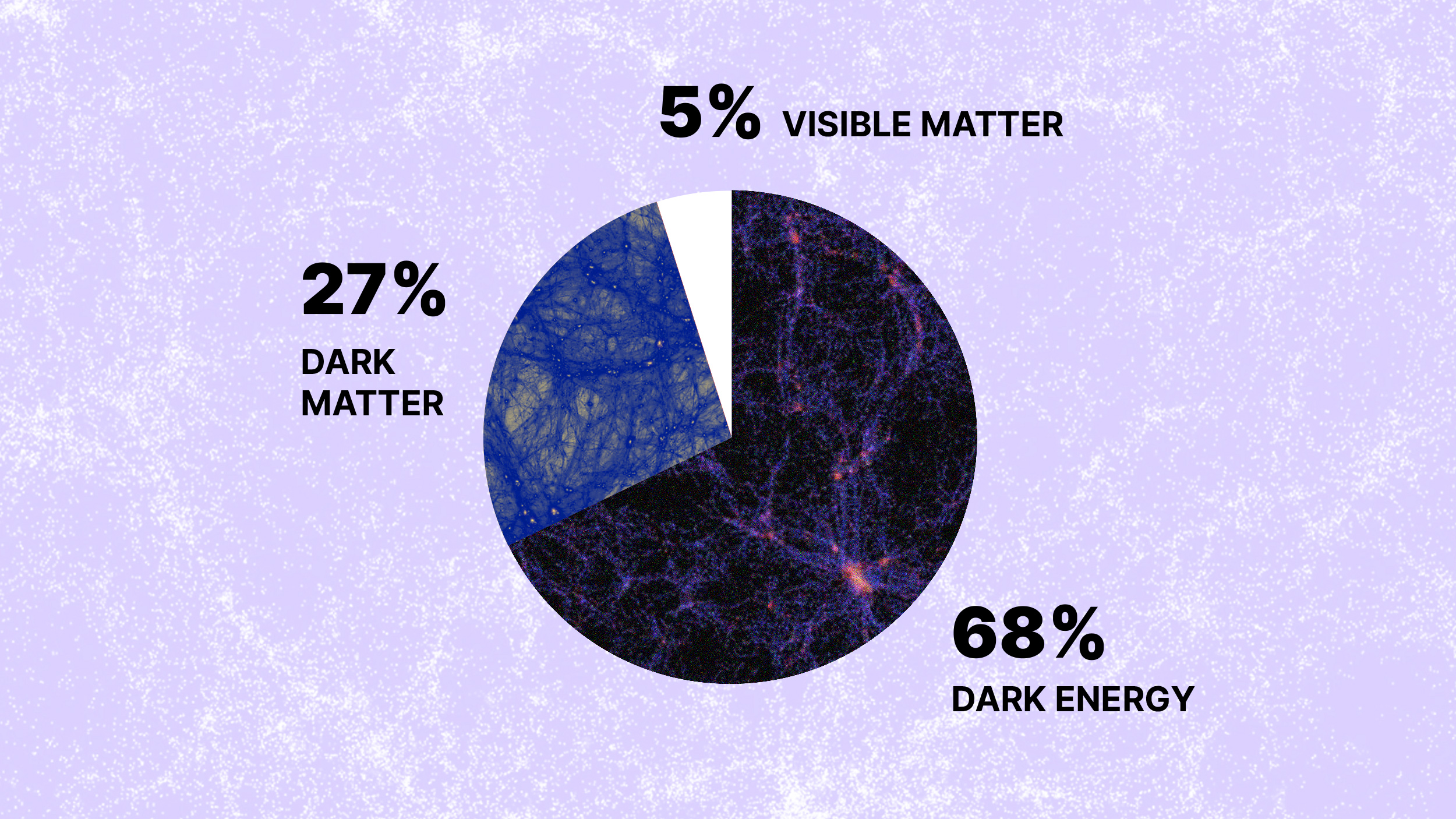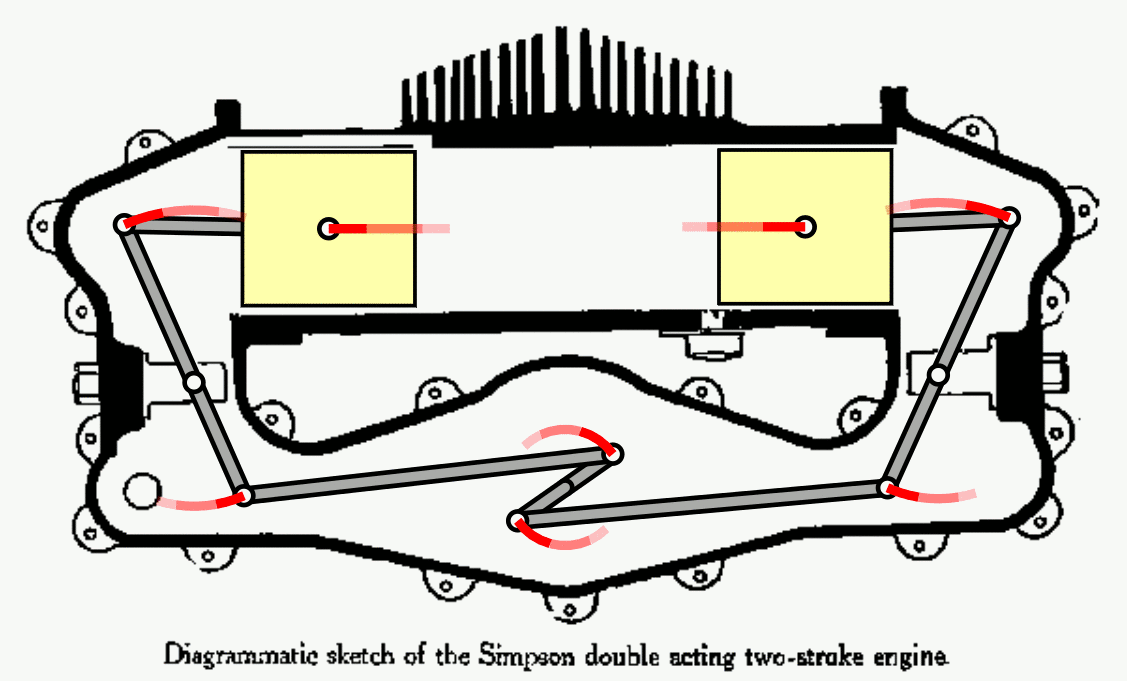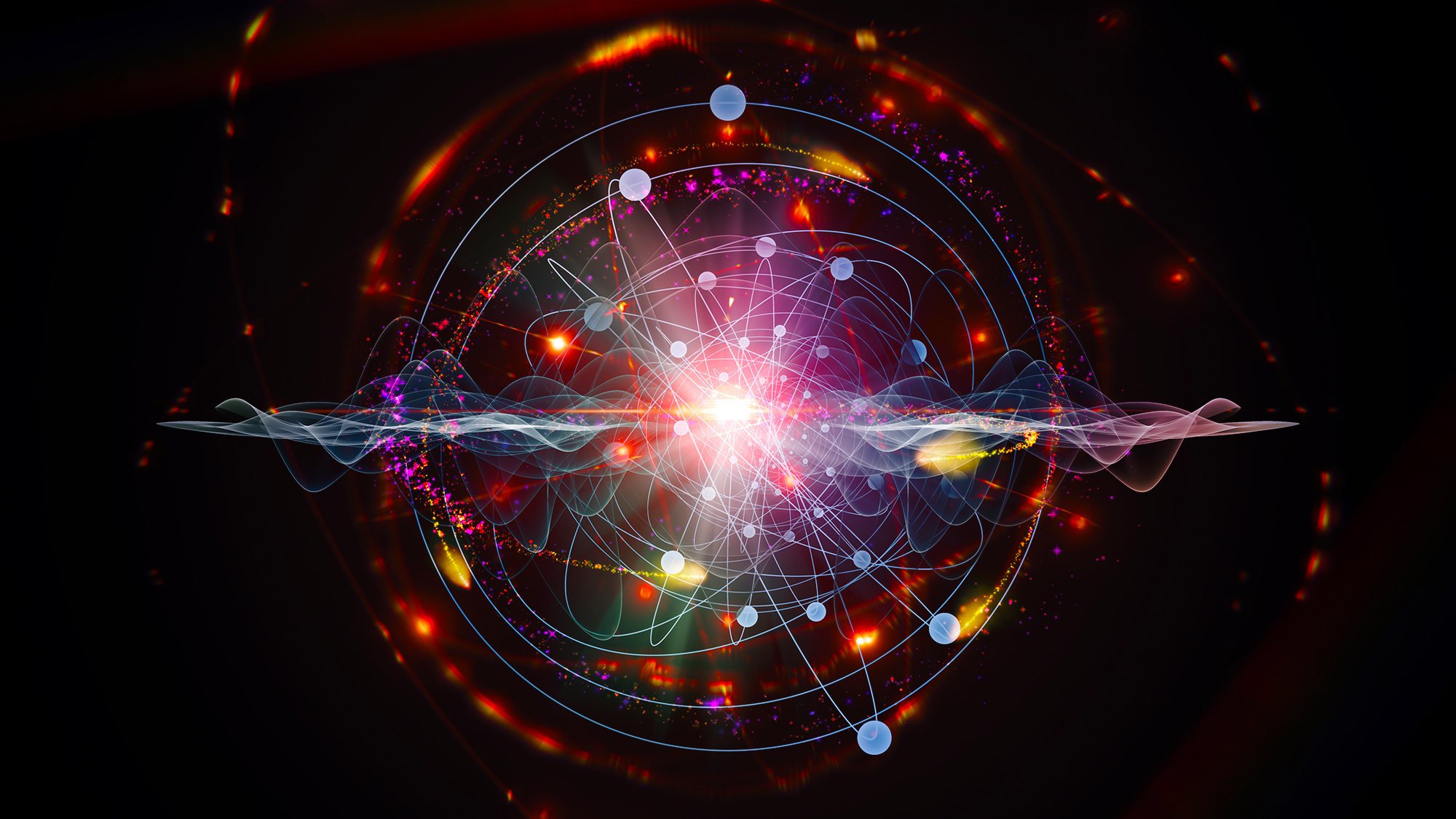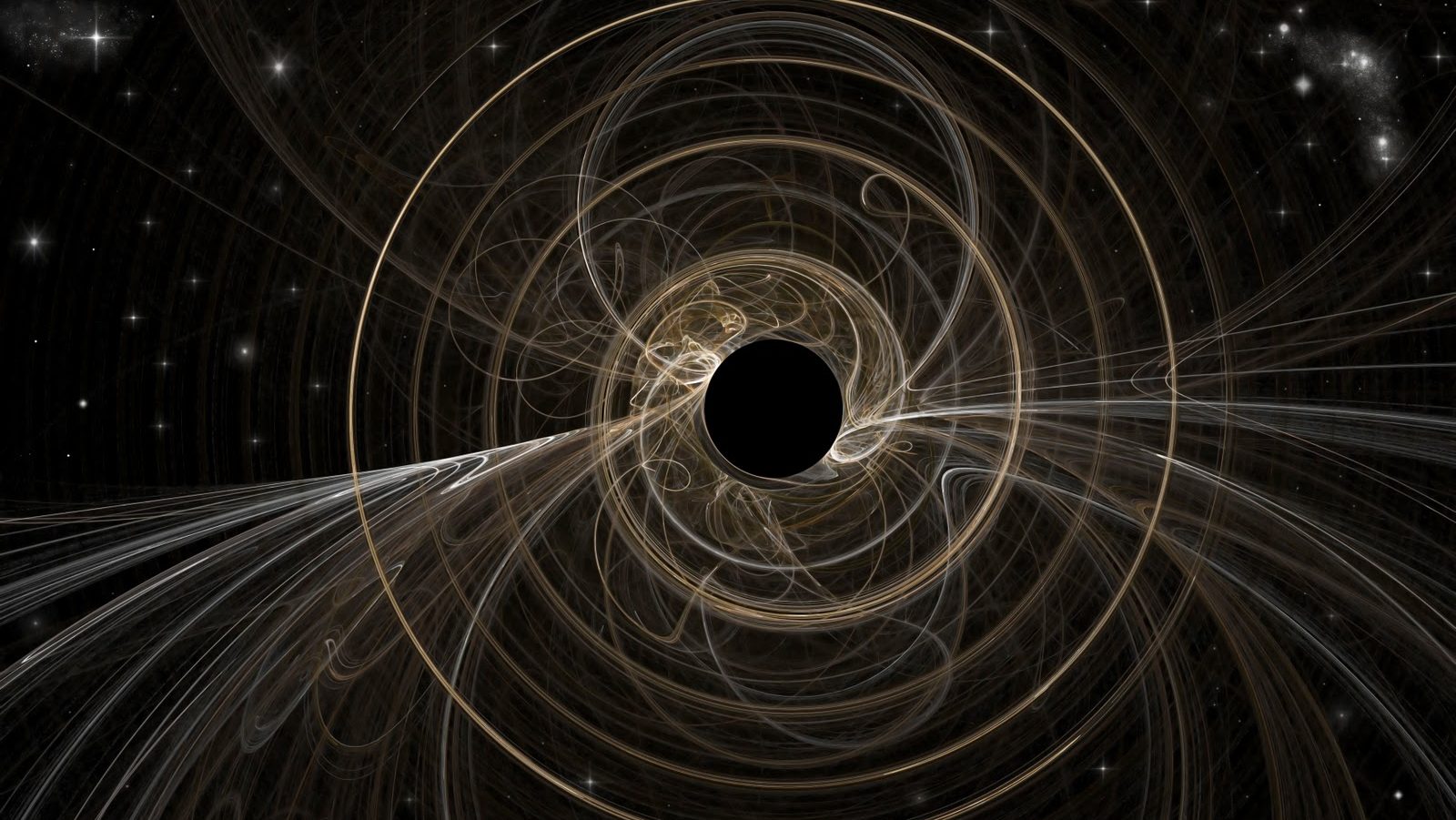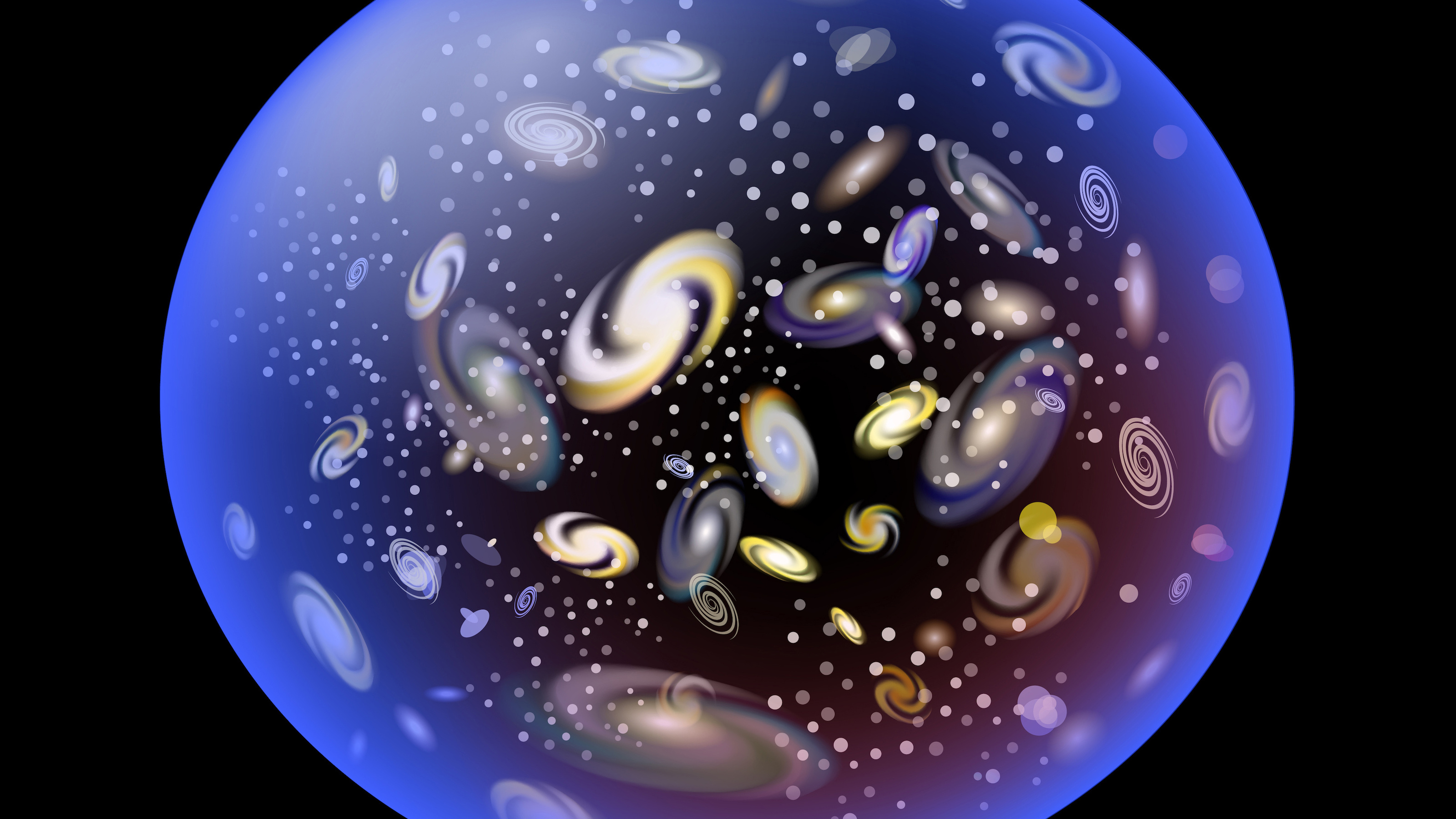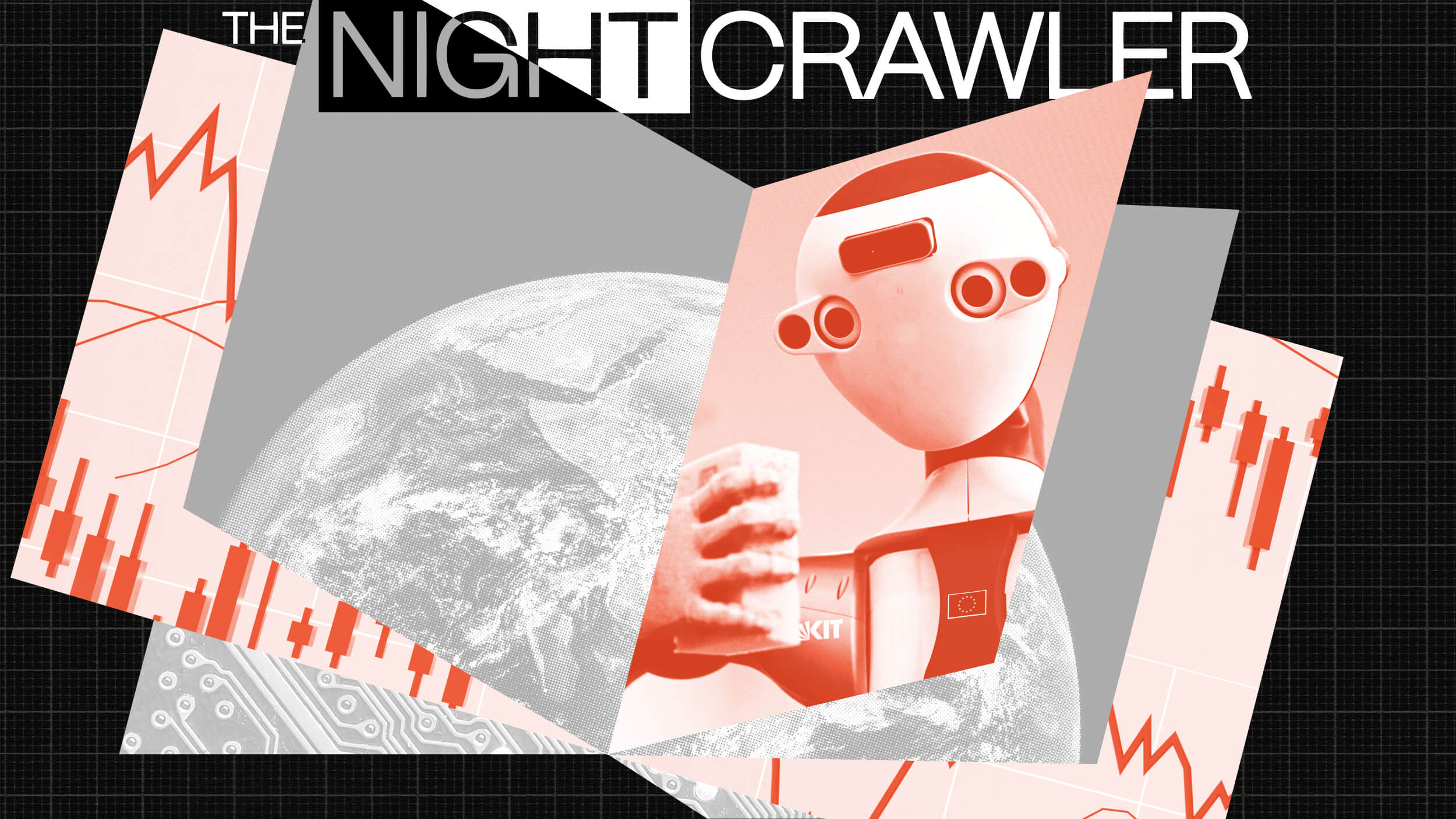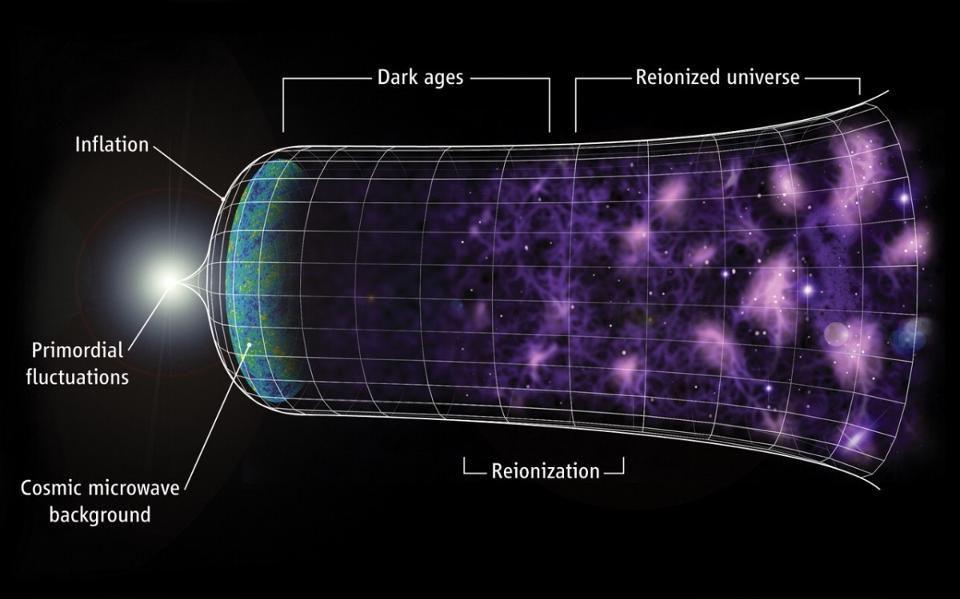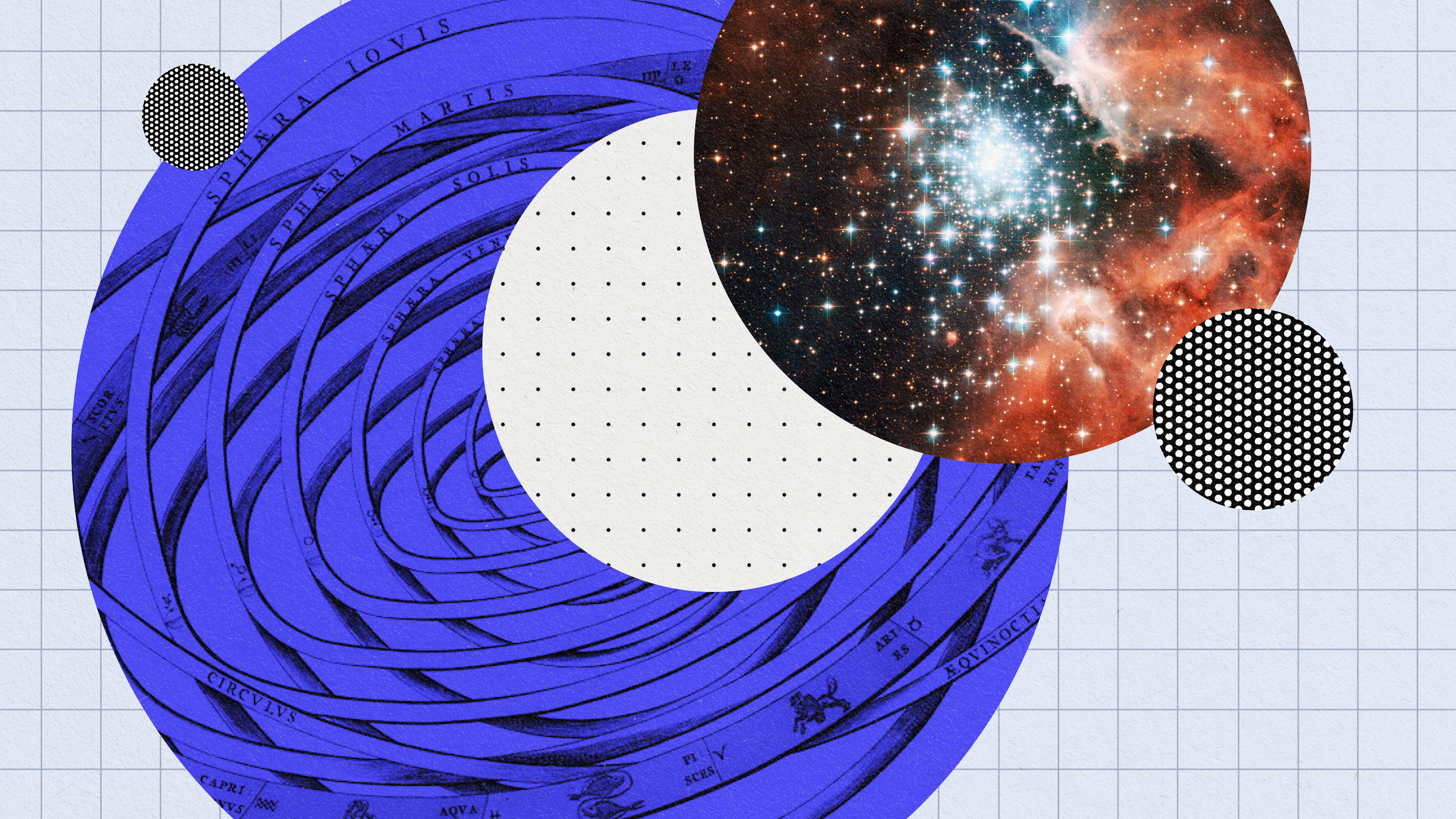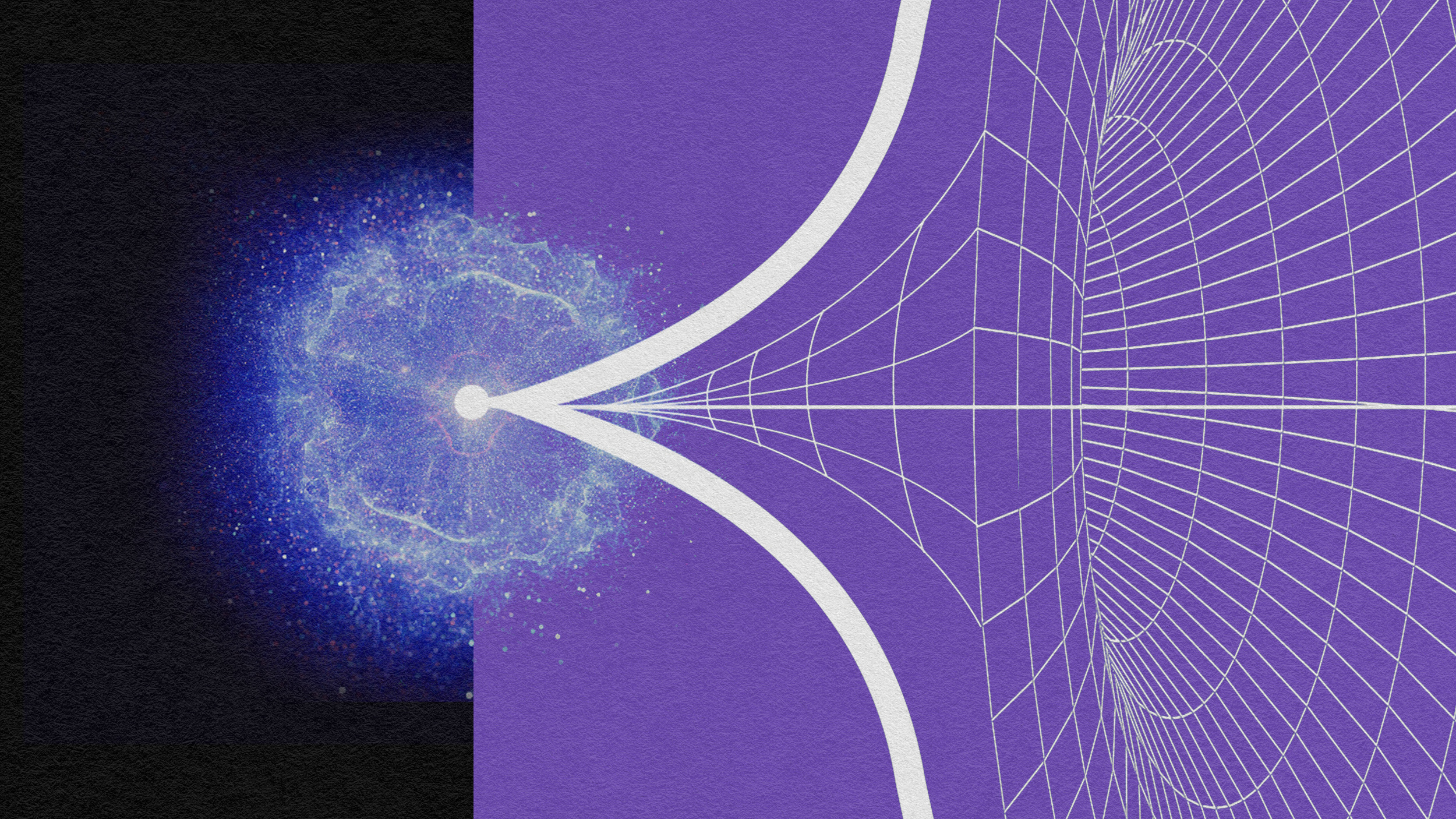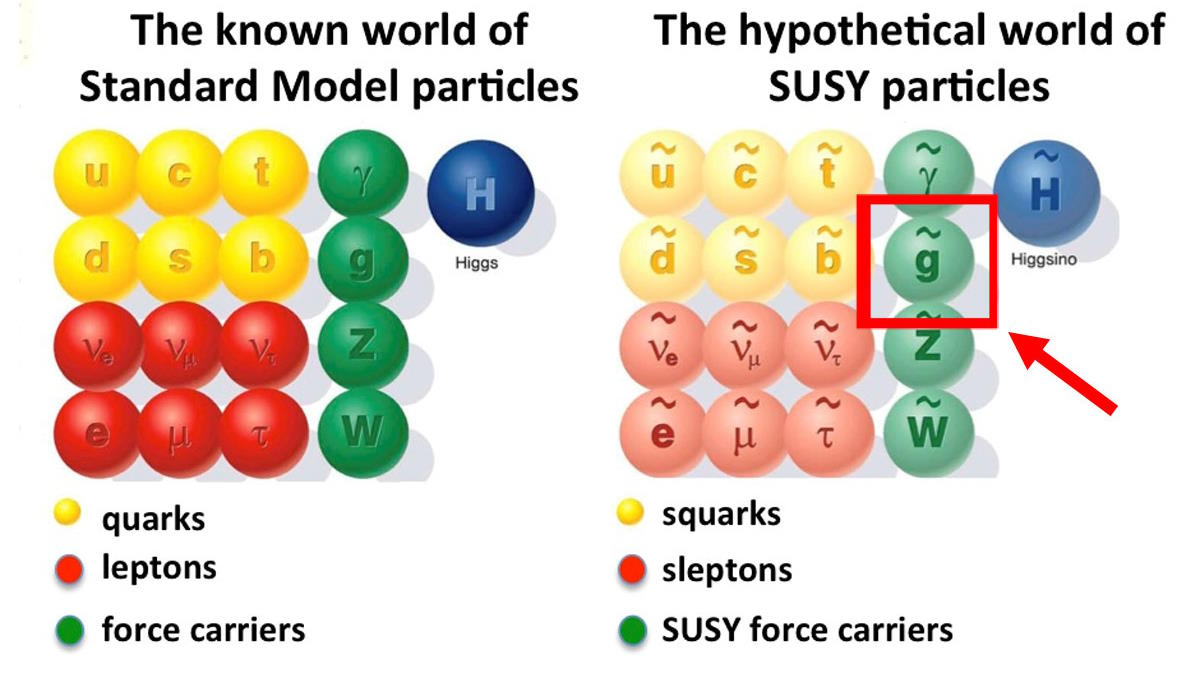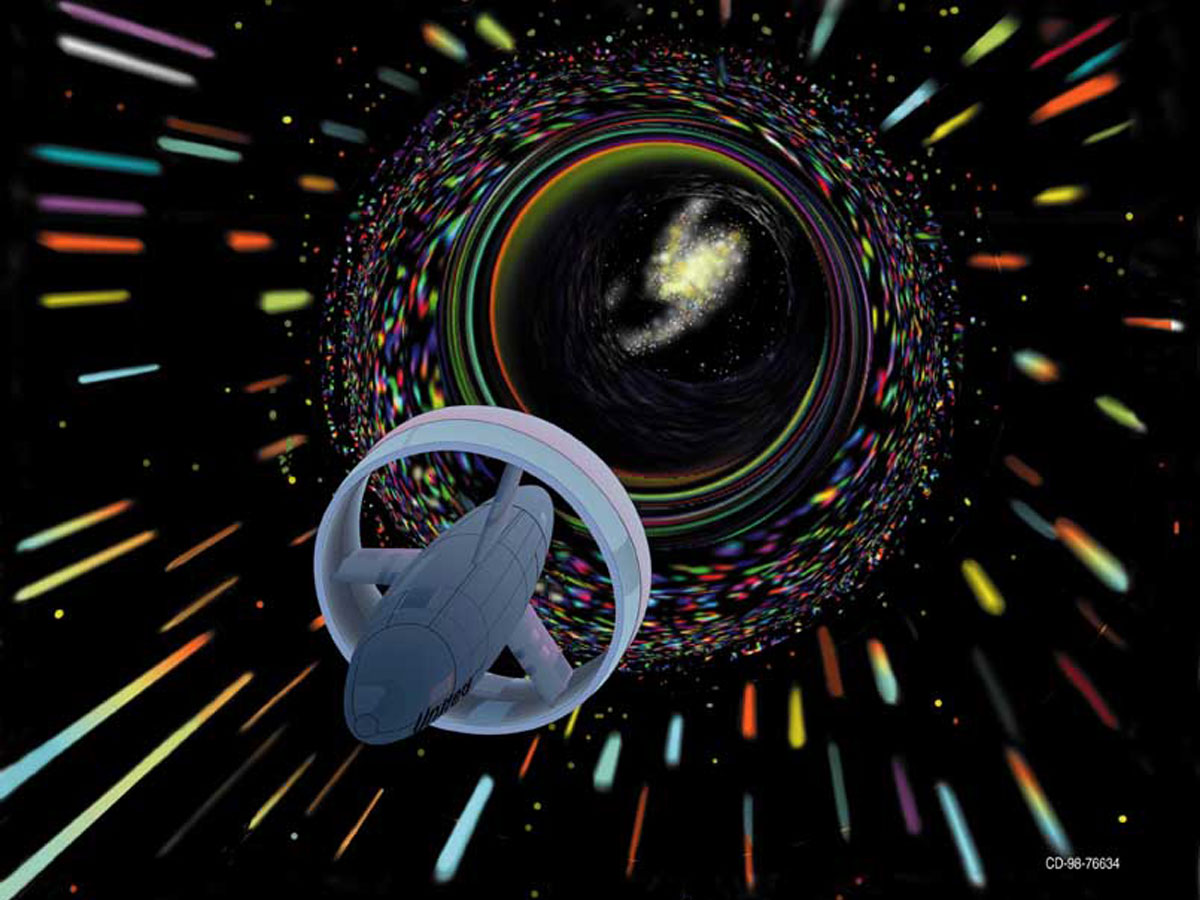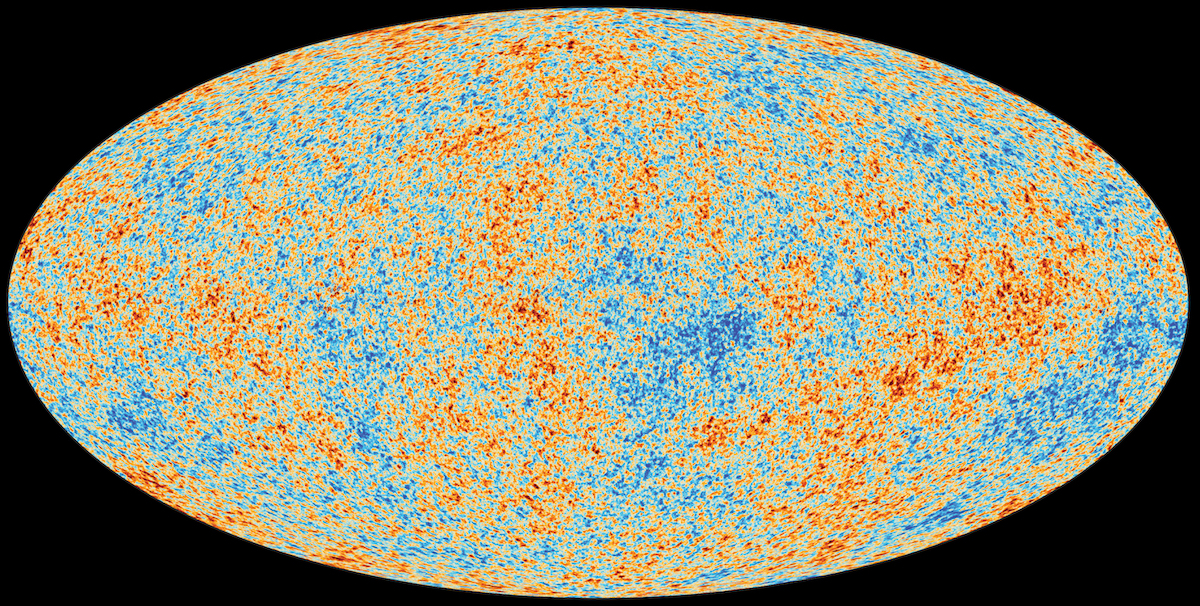On the largest of cosmic scales, the Universe is expanding. But it isn’t all-or-nothing everywhere, as “collapse” is also part of the story.
Search Results
You searched for: Physical Constants
No matter how good our measurement devices get, certain quantum properties always possess an inherent uncertainty. Can we figure out why?
In the very early Universe, practically all particles were massless. Then the Higgs symmetry broke, and suddenly everything was different.
Physicists just can’t leave an incomplete theory alone; they try to repair it. When nature is kind, it can lead to a major breakthrough.
Taught in every introductory physics class for centuries, the parabola is only an imperfect approximation for the true path of a projectile.
When what we predict and what we measure don’t add up, that’s a sign there’s something new to learn. Could it be a new fundamental force?
When we divide matter into its fundamental, indivisible components, are those particles truly point-like, or is there a finite minimum size?
Your sexual education was probably inadequate. Here’s the information you always needed.
▸
9 min
—
with
When cosmic inflation came to an end, the hot Big Bang ensued as a result. If our cosmic vacuum state decays, could it all happen again?
In the expanding Universe, different ways of measuring its rate give incompatible answers. Nobel Laureate Adam Riess explains what it means.
The evidence that the Universe is expanding is overwhelming. But how? By stretching the existing space, or by creating new space itself?
Glueballs are an unusual, unconfirmed Standard Model prediction, suggesting bound states of gluons alone exist. We just found our first one.
There are two methods to measure the expansion rate of the Universe. The results do not agree with each other, and this is a big problem.
Early on, only matter and radiation were important for the expanding Universe. After a few billion years, dark energy changed everything.
If nature were perfectly deterministic, atoms would almost instantly all collapse. Here’s how Heisenberg uncertainty saves the atom.
The second law of thermodynamics is an inviolable law of reality. Here’s what everyone should know about closed, open, and isolated systems.
Symmetries aren’t just about folding or rotating a piece of paper, but have a profound array of applications when it comes to physics.
No matter how good our measurement devices get, certain quantum properties always possess an inherent uncertainty. Can we figure out why?
Here on Earth, we commonly use terms like weight (in pounds) and mass (in kilograms) as though they’re interchangeable. They’re not.
It’s not about particle-antiparticle pairs falling into or escaping from a black hole. A deeper explanation alters our view of reality.
The mutual distance between well-separated galaxies increases with time as the Universe expands. What else expands, and what doesn’t?
Welcome to The Nightcrawler — a weekly newsletter from Eric Markowitz covering tech, innovation, and long-term thinking.
If the Universe is expanding, and the expansion is accelerating, what does that tell us about the cause of the expanding Universe?
The multiverse pushes beyond the limits of the scientific method. From our vantage point in the Universe, we cannot know if it’s real.
If you bring too much mass or energy together in one location, you’ll inevitably create a black hole. So why didn’t the Big Bang become one?
Explanations for the cosmic speed limit often conflate mass with inertia.
The laws of physics aren’t changing. But the Earth’s conditions are different than what they used to be, and so are hurricanes as a result.
Almost 100 years ago, an asymmetric pathology led Dirac to postulate the positron. A similar pathology could lead us to supersymmetry.
Without wormholes, warp drive, or some type of new matter, energy, or physics, everyone is limited by the speed of light. Or are they?
Today, the deepest depths of intergalactic space aren’t at absolute zero, but at a chill 2.73 K. How does that temperature change over time?
